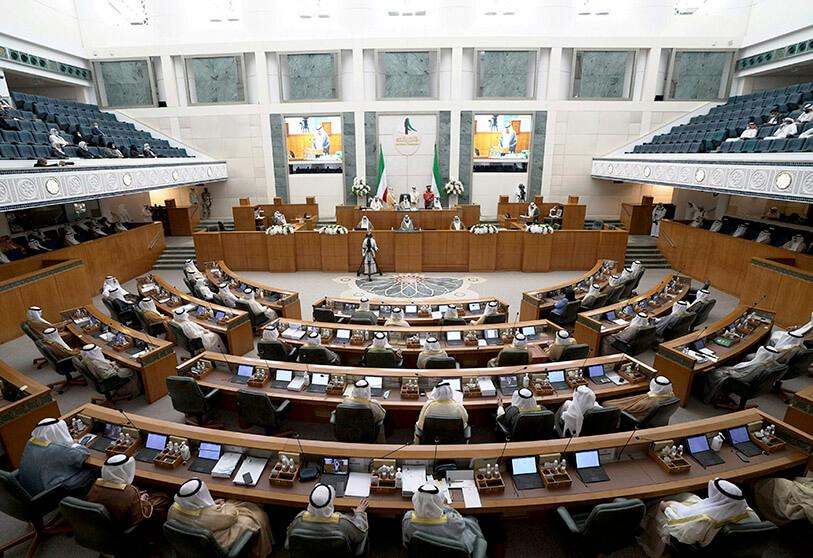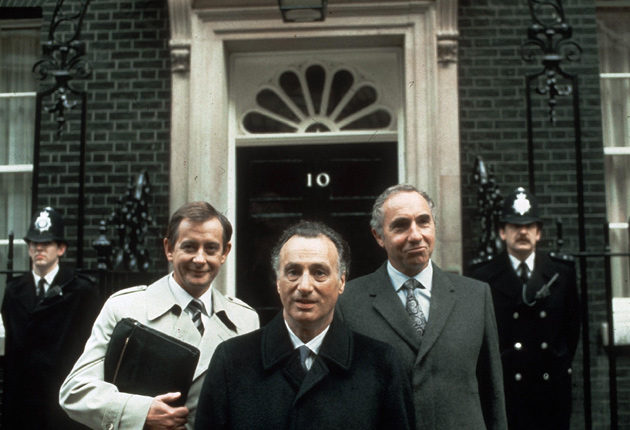
Kuwaitis voted to replace over half of their MPs in the country’s 50-member National Assembly and elected two women to the legislature last Thursday (29 September 2022); Kuwaitis voted to replace over half of their MPs in the country’s 50-member National Assembly and elected two women to the legislature last Thursday (29 September 2022); while only two women were elected. only two women were elected.
The new Kuwaiti National Assembly will include 27 new members, around a dozen of whom were part of previous parliaments. Although twenty two women stood and many of whom received a high percentage of votes, only two were elected. The previous parliament, dissolved after a stand off with government over budget and mass protests led by women, were all male since December 2020 when the only female MP lost her seat in a byelection.
The country’s Shia sect strengthened its position in the new parliament increasing their share to 18 percent ( from six to nine seats). The ultra-conservative Islamic Constitutional Movement also made good gains while the tribes MPs share declined to 46 per cent after losing six of their 29 seats. Younger candidates are on the increase, according to local media observers continuing the trend of the last parliament elected two years ago.
However, many doubt whether the new parliament will change the awkward three way lock between the ruling Sabah family, their appointed executive cabinet ( 16 members. 15 of whom can also sit in the Assembly ) and the elected 50 MPs that has often played the role of opposition. This customary deadlock with the cabinet, which has delayed the approval of a state budget for the fiscal year 2022/2023 and other economic reforms, is unlikely to get any better. The budget, which has to be voted on before November, had set spending at 23.65 billion dinars ($77.2 billion) compared with 23.48 billion for the 2021/2022 budget. But observers are not too optimistic about ending the stand-off. Political analyst Naser al-Abdali, told Reuters news agency the rise of MPs from Islamist movements in these elections will have a great impact in the next National Assembly.
It is worth noting a few other observations I made during a four day to the oil rich OPEC member country, which had the first elected parliament in the Arabian Peninsula.
Hardly any of the candidates during the campaign bothered with regional or security issues, since all were campaigning on local demands; which, apparently, is a healthy phenomenon; however, I noticed that Middle Eastern reporters saying candidates not taking grave regional, and international issues seriously. But it is worth bearing in mind the that the parliament, in general, has little say in foreign policy or defence under the current constitution.
The slogan, or the catchphrase of this election season, endlessly repeated in the state media and copied by the independent outlets, was ‘correcting [ or readjusting] the path’ : ” تصحيح المسار… This was a bold statement indicating that the previous ( dissolved ) parliament and the way it was performing and the process of electing it had gone wrong somehow; although there has been no change in the electoral law, this is something up to the parliament itself to address. But with an assembly with a majority opposing the government reforms, little is likely to be corrected in order to push the process on the desired path.
At the international press centre, the TV tape put on loop on the election channel was about the resistance during the 1990-1991 Iraqi occupation of Kuwait, and the ‘martyrs’ especially women murdered by the Iraqis. This was a departure from the visual and TV message in previous elections, thus the emphasis was on regional threats and security.
Since it is government controlled press centre, this is likely to reflect government and state strategic thinking in forming the next government and sending this message out as what should be the priority and what emphasise they should put. on the list of priorities
speaking with senior Kuwaiti politicians and diplomats ( both in office and in experience of long serving in office ) , they emphasise that ‘ national security is a prime issue that has been ” neglected ” for two decades . Although they did not spell out directly where is the threat coming from; western diplomats I managed to meet suggest they see now threat from Iraq and Iran as ‘ one threat with two heads’.
Furthermore, what I managed to glean, was a strong desire (some said ‘determination ‘ ) from the top, to go back to the traditional Kuwaiti doctrine of security through a bilateral defence pact with a superpower . They prefer this superpower to be America (since UK , the traditional ally , can’t afford it any more, as one veteran Kuwaiti diplomat put it ) but they are also weary and suspicious of the USA commitment during the Biden democratic administration , thus they hope for a republican administration and a major British role . Some senior Kuwaiti diplomats were critical of the regional policy ( which they saw as inseparable from national security) of the late Emir, Sheikh Sabah Al-Ahmad (1929-2020) who ruled for fourteen years, who carried a deep Pan-Arabism sentiment with some unrealistic expectations (, and being too involved, some said) in in Pan-Arab commitment,. Some said his obsession with the idea of collective Arab interest and security through collective Arab solidarity was neither realistic nor healthy. Veteran Kuwaiti politicians who were involved in the country’s defence and foreign policy for decades, and some were active in the resistance during Iraq’s occupation of Kuwait thirty years ago, emphasised that ‘ Kuwait must prioritise its national interests, mostly security regionally and internally’. Given that those officials and diplomats are still in office; I take it that this must have got some official approval from the top. This explains that lack of multiple Arab flags at the entrance of the hotel where world media has been packed into a national press centre; and also the loop tape emphasising the dangers and ” list of martyrs ( mostly women) ” and sacrifices during the Kuwait invasion by Iraq . However, the question remains – how much this message is taken in by ministers and officials and fully understood, especially the message of ” correcting the path ” ?
Media and many officials still mouth the old clichés… even top officials briefing the foreign press where using clichés that only a new independent third world country would raise when they hold elections for the first time . Meanwhile the secretary general of Parliament (-
I guess the equivalent to the Clerk of the House of Commons- ) was emphasising something different with his modernisation focusing on administrative and MPs services issues. The Assembly set accommodations like the US congress, where the MPs can physically sleep in, and good space for each member’s staff and researchers. However the new MPs quarters’ design resembles portcullis House, but smaller and half a circle shape with the other half into another building with large auditorium and modern digitalised reactive screens and other facilities including members library- and there is no traditional vote office like in Westminster. There was a talk about bringing back a veteran parliamentarian, the retired speaker Ahmad al-Sadoun ( speaker 1985-1999 and Feb-June 2012 ) who, in 2012, resigned his post declaring that the elections were invalid. The hope was Sadoun would help reform the electoral law ( ie from each voter voting for a single candidate, they would give a list of preference of four candidates ) , the idea was to combat tactical voting via bribing constituents with lavish gifts and grants Strangely there is no ceiling of how much a candidate could spend on their campaign.
